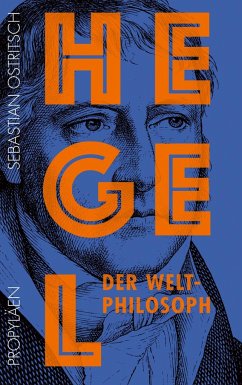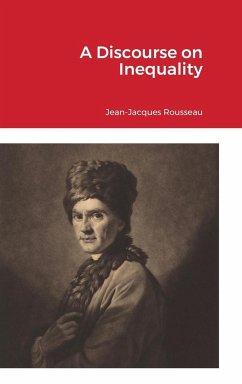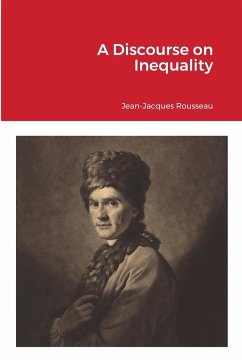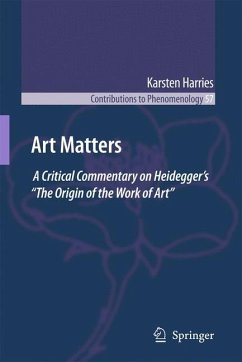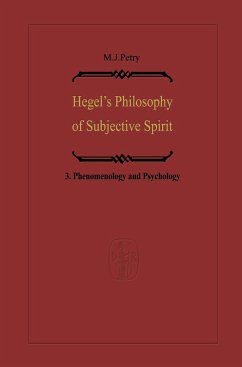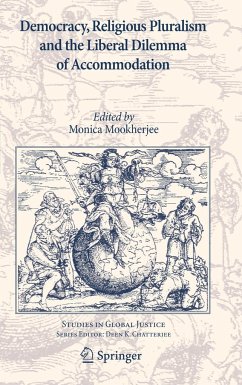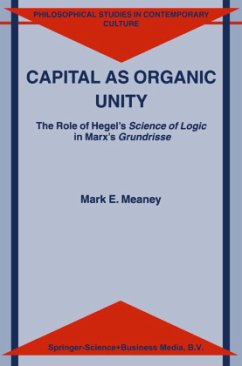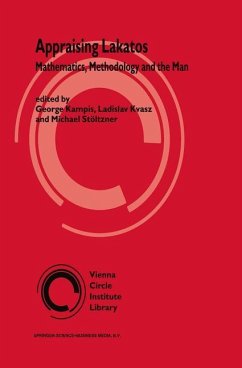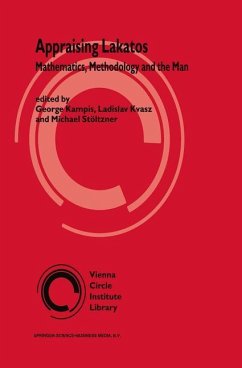
Hegel's Idea of the Good Life
From Virtue to Freedom, Early Writings and Mature Political Philosophy
Versandkostenfrei!
Versandfertig in 6-10 Tagen
76,99 €
inkl. MwSt.
Weitere Ausgaben:

PAYBACK Punkte
38 °P sammeln!
In Hegel's Idea of the Good Life, Joshua D. Goldstein presents the first book-length study of the development and meaning of Hegel's account of human flourishing. This volume will be welcomed by philosophers and political theorists seeking to engage with the details of Hegel's early and mature social thought.By bringing Hegel's earliest writings into dialogue with his Philosophy of Right, Goldstein argues that Hegel's mature political philosophy should be understood as a response to his youthful failure to build a sustainable account of the good life upon the foundations of ancient virtue. Thi...
In Hegel's Idea of the Good Life, Joshua D. Goldstein presents the first book-length study of the development and meaning of Hegel's account of human flourishing. This volume will be welcomed by philosophers and political theorists seeking to engage with the details of Hegel's early and mature social thought.
By bringing Hegel's earliest writings into dialogue with his Philosophy of Right, Goldstein argues that Hegel's mature political philosophy should be understood as a response to his youthful failure to build a sustainable account of the good life upon the foundations of ancient virtue. This study reveals how Hegel's mature response integrates ancient concerns for the well-ordered life and modern concerns for autonomy in a new, robust conception of selfhood that can be actualized across the full expanse of the modern political community.
By bringing Hegel's earliest writings into dialogue with his Philosophy of Right, Goldstein argues that Hegel's mature political philosophy should be understood as a response to his youthful failure to build a sustainable account of the good life upon the foundations of ancient virtue. This study reveals how Hegel's mature response integrates ancient concerns for the well-ordered life and modern concerns for autonomy in a new, robust conception of selfhood that can be actualized across the full expanse of the modern political community.





